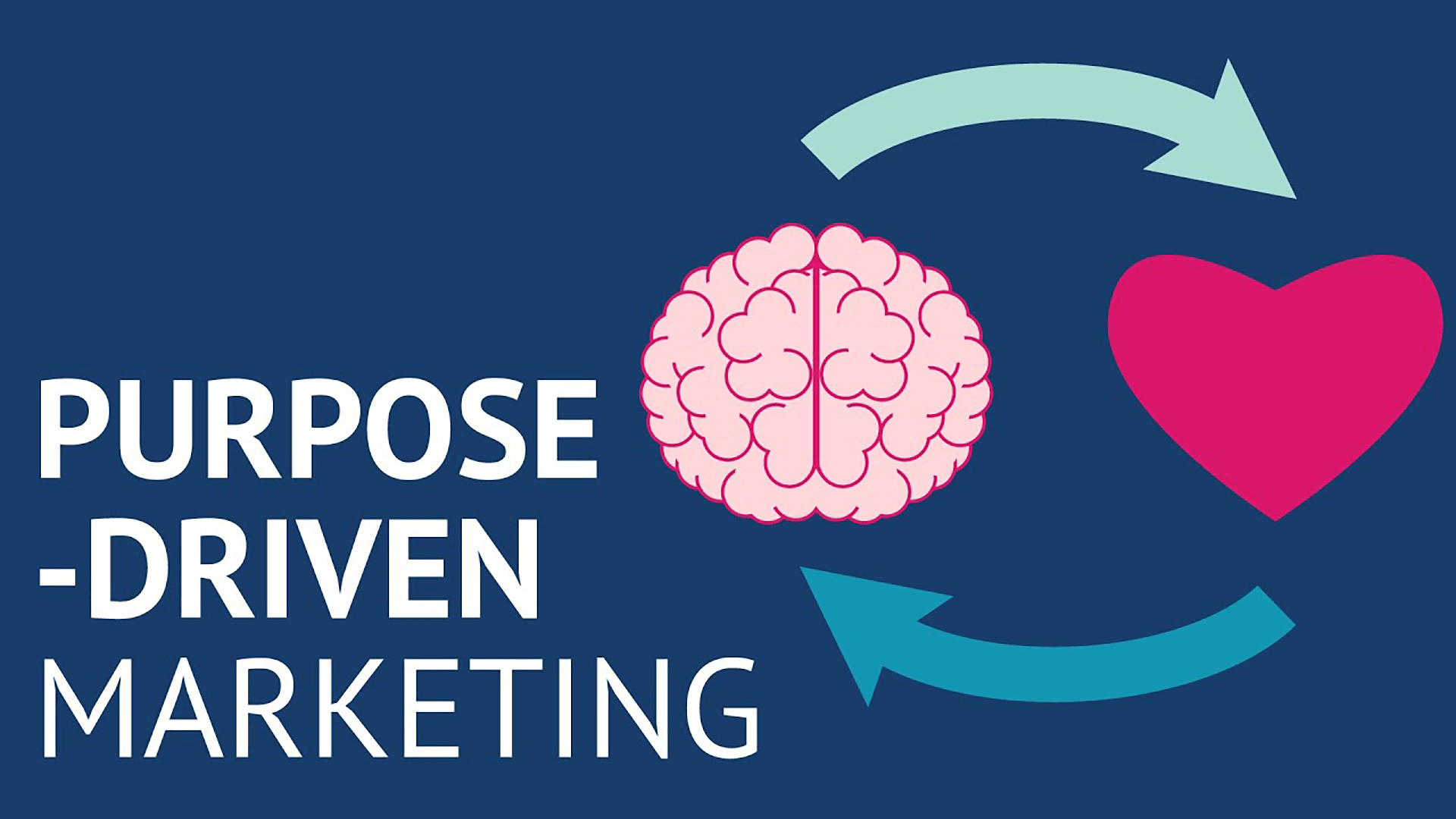Dust off the cover of any marketing textbook, inside you’ll find a familiar chapter focused on the ’Four Ps of Marketing’. For years, marketers and their brands have lived, died and thrived off a strategy directed by ‘Product, Price, Place and Promotion’. Since then, more ‘P’s have emerged including ‘People and Process’, however in the new age of conscious consumption powered by consumers willing to vote with their wallet, is it time to finally etch a new ‘P’ into the marketing mix?
A P for Purpose.
Purpose, it’s a term that continues to trend throughout the industry. In the last five years we have witnessed a flood of brands reevaluating their brand positioning, based on the need to (or at least appear to) align with stronger ethical, environmental and societal standards.
The push has largely been driven by consumers, a recent study suggests shoppers are four to six times more likely to buy, trust or champion companies with a strong ‘brand purpose’. The stat is a telling explanation as to why brand books around the world are currently being rewritten and reimagined in the era of conscious consumption.
But which consumers have ignited this shift?
The need for brands to reconsider their ethical standpoint has largely been driven by younger consumers, the digital zoomers of Generation Z. Data shows that 62% of Gen Z prefer to buy sustainable brands, while 72% are more likely to support a company that contributes to social causes. With Generation Z’s combined disposable income predicted to increase almost seven-fold to $3.2 trillion in 2030, it’s no wonder marketers are reassessing the need to publicly align to a strong set of values.
Whilst sustainability remains a present concern for all demographics, the data suggests the presence of a mental divide between generations. In the same data set, only 54% of Generation X and 39% of Baby Boomers identified sustainability as an important factor that influenced their purchasing behaviour. So while brands transition to market their ‘clean green credentials’, a reminder that for many older consumers, the four classic P’s are still as relevant as ever.
So how can brands ensure they set themselves up for success, through the lens of Purpose? In an era of radical transparency, it can be argued that brands must ensure their claims are authentic and backed by tangible actions.
Armed with smartphones and a desire to achieve social justice, Gen Z have been likened to a generation of online sleuths, unafraid to conduct some amateur detective work. We’ve already witnessed numerous examples of brands being held to account, even #cancelled, due to their unethical brand practices appearing at odds with their public perception.
Luxury fashion label Coach was recently caught out for slashing and destroying unsold product, in a set of viral Tik Toks by New York influencer @thetrashwalker. The practice that some have linked to an effort to avoid paying tax, spurned widespread criticism of the High Street fashion house. Consumers were quick to point out that the practice seemed to contradict Coach's new (Re)Loved campaign, which championed the brands commitment to sustainability and recycled goods. So while the brand attempted (unsuccessfully) to navigate the subsequent PR nightmare, battered and bruised it was clear that severe damage had already been done.
Beyond sustainability, marketers are increasingly reevaluating their brand positioning to ensure their ‘Purpose’ is aligned to broader public sentiment. Nike has been one of the most visible pioneers of the practice with their 2018 Dream Crazy campaign featuring American civil rights activist Colin Kaepernick. Closer to home, we’ve seen numerous examples of brands making a conscious decision to reimagine themselves, going as far to rename their products to ensure their company values represent modern community standards. From a popular confectionery giant changing the names of key products, to a major cookware and grocery brand ditching a ‘celebrity chef’ over inexcusable conduct, brands are constantly reassessing their partnerships and the public causes they associate with. From this point onwards, it seems vital that brands look inwards, rather than outwards when engaging with partners.
One of the most important things brands need to ask themselves is:
- What is it we are aligning to?
- Is this a cause or social practice that we are making conscious effort to address within our own business?
- What tangible actions can we make to ensure our effort is beyond virtue signalling?
Without thorough examination of the state of their own backyard, brands are exposing themselves to significant risk whilst appearing disingenuous in their communications. In contrast, within Australia we’ve seen a number of forward thinking brands build success off a well established brand purpose. Numerous companies have grown substantially, thanks to a strategy driven by values and the ability to cultivate a loyal following of like minded customers. From tradie friendly workwear designed to support mental health, to a toilet paper startup raising significant capital, Aussies are onboard with brands committed to making a tangible difference. The skyrocketing growth should come as no surprise with studies indicating purpose-driven brands grow on average three times faster than their competitors.
Now more than ever, it’s vital for brands and marketers to be considering the ethical, environmental and societal values that shape their business. In an era when shifts in markets can eventuate so rapidly, it’s vital for brands to be on the front foot with a clear and distinct set of values that publicly guide their business and differentiate themselves from competitors.
